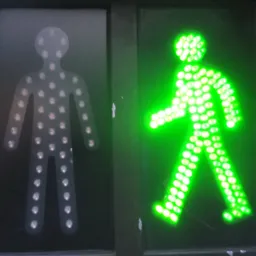How analogue do we need to go to escape the digital dirge?
Is there a better way to manifest our favourite music, movies, games and books in our life?

I've written before about the tension between infinite digital content and how scarcity makes us value art. But I'm wondering about where the sweet spot is to restore the analogue feel.
During the pandemic, I started buying "Steelbook" editions of some of my favourite movies. The idea was there should be something more to the ceremony for art you love than "content" to fill a gap.
And yet, it's a boring chore to take a shiny disc out and navigate through menus instead of just streaming. We live in a world where the most convenient stuff to choose is the content Netflix wants me to click on next. That's not a great way for us to spend our time.
So I wondered: are there really only two options? Do I have to choose either the convenience of digital streaming OR a more beautiful object, with a worse interface? And what about films with horrible Steelbook designs?
How important is the actual DISC of content, versus the AVATER (cover, sleeve, model?) that represents it?
Instead of a physical collection, could you have similarly tactile but smaller summary of your library. In my mind, I hear the clack of flicking through minidiscs, maybe you feel the clap of LP covers.
I was recently reading about Tony Fadell's latest product: a little crypto wallet with e-ink flourishes and a lot of consideration on how it feels. It's such a nice little thing. I think we as humans get a lot from these totems: opening and closing a lighter, toying with our phones.
What form would it take to have the most beautiful, collectable representations of the things you LOVE. And does it matter if there's literally a vinyl record in the sleeve or not? Is the cover alone, the experience of flicking through things that mean something to you, enough?
Could I order e.g. 50 beautiful minidisc-size objects for my favourite albums or movies? We could call it Top 50: for people who love things.
At Wired, I also wrote about how Kindle could give ebooks some of the feeling I get when I recognise physical books I own. Where was I when I read it? How long did it take? When did I finally finish it? Goodreads does a bit of this, but it's still arms length.
I think the fact remains: people store meaning in THINGS. And the THINGS on offer to represent the art we love and care about are still too linked to the undesirable physical formats to play them.

